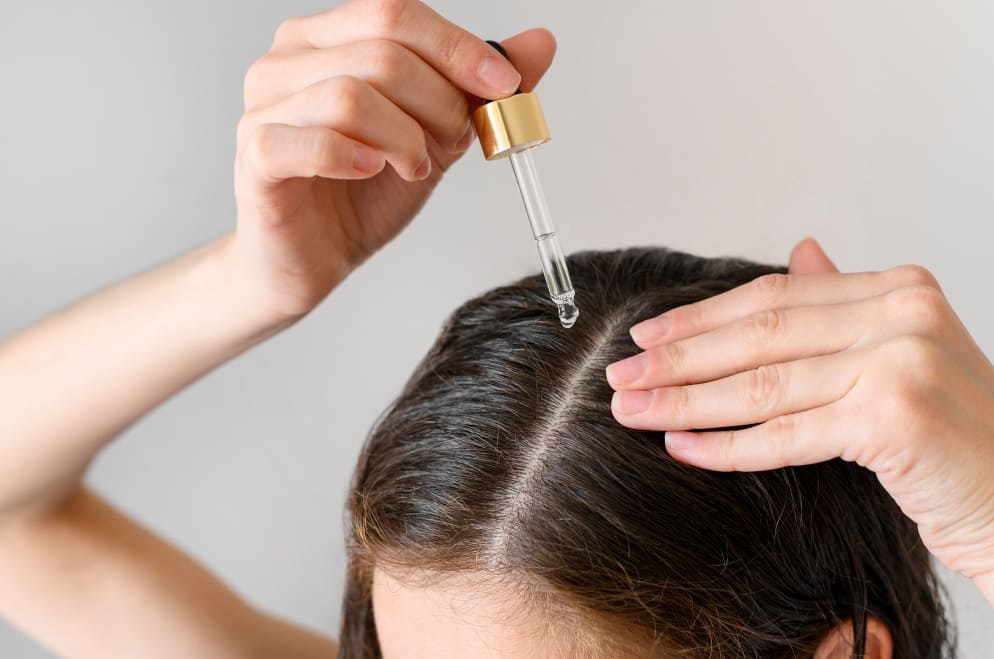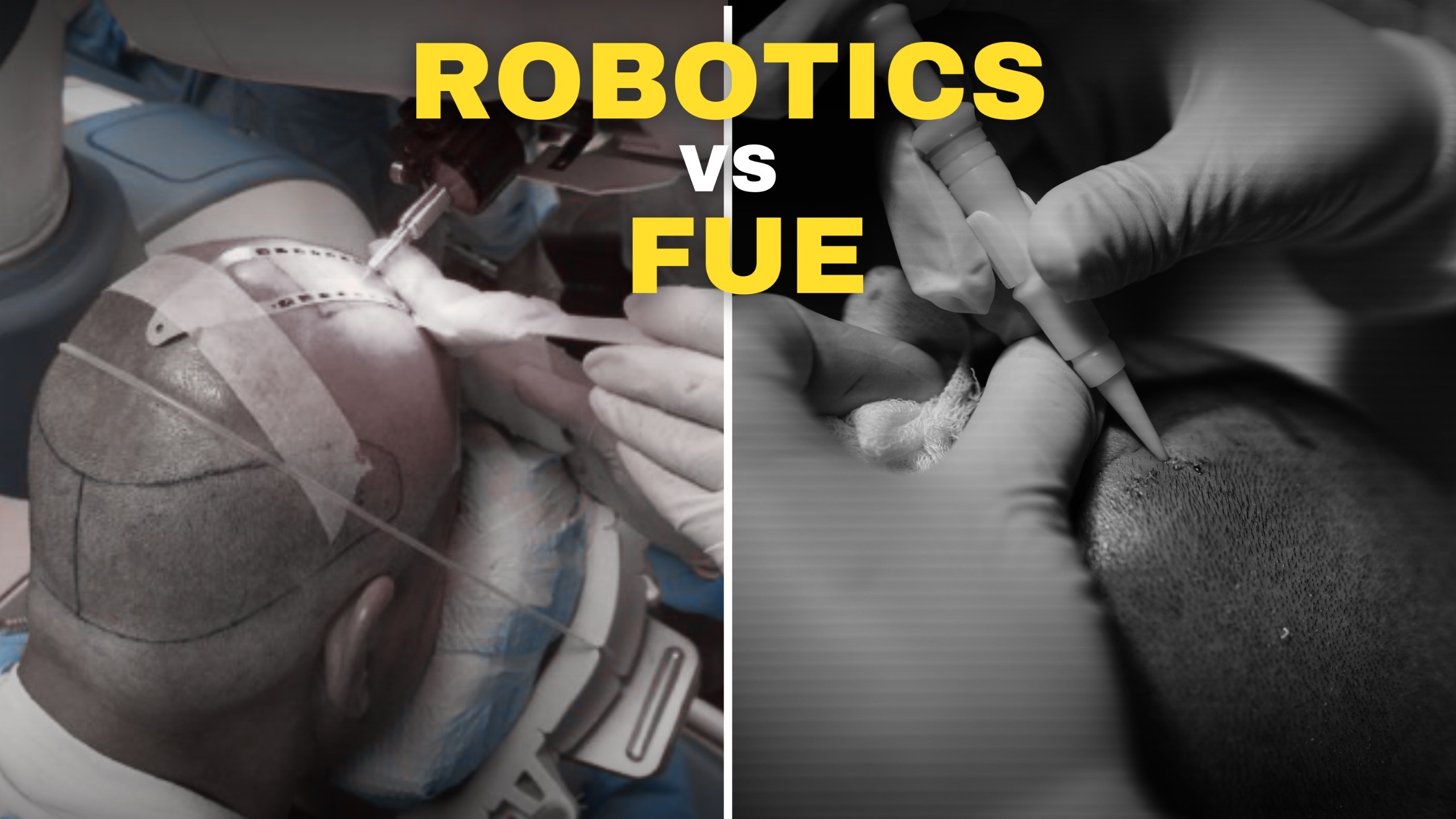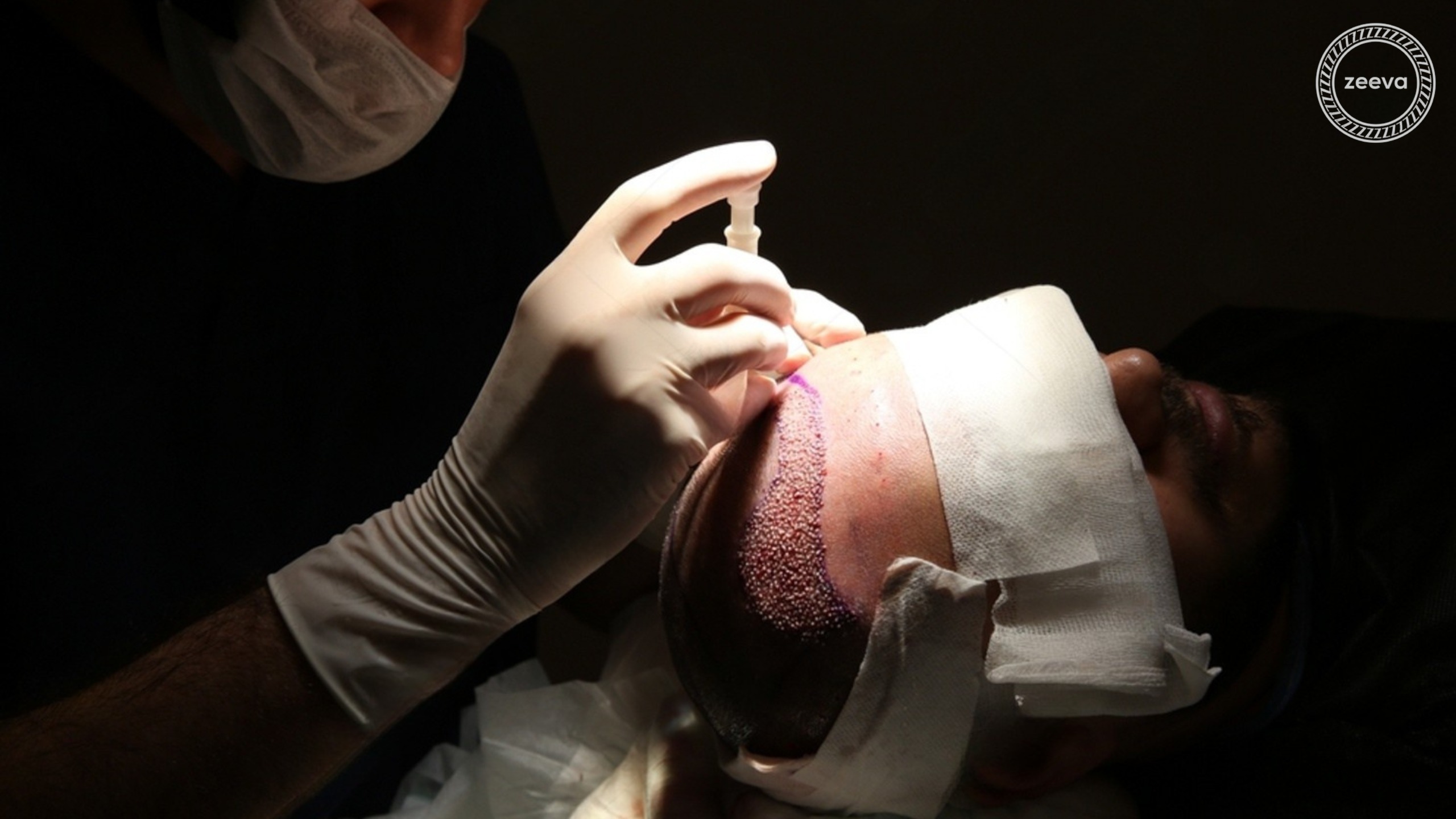
In today’s time, when everyone is thinking about staying healthy and feeling good, many people are looking for ways to deal with a common problem: losing their hair. If you walk through the aisles of health stores or check out websites where you can buy stuff, you’ll see lots of bottles of multivitamins. They all claim to be the magical solution for getting thick, beautiful hair. They often use the words “Multivitamin for Hair Loss” to catch your attention. But here’s the big question: Do these multivitamins really work in stopping hair loss? This question has gotten the attention of scientists, nutrition experts, and regular people like you and me. They’ve done lots of studies, research, and personal
tests to figure out the truth.
The connection between taking multivitamins and having healthy hair isn’t simple. It’s like a big puzzle that involves things like vitamins, how our bodies react, and the processes that affect how our hair looks and feels. If you don’t have enough of certain vitamins and minerals, it can lead to hair falling out. But
whether taking multivitamins can make your hair grow back and be healthy is something experts are still trying to figure out. In this article, we’re going to explore all the details of this relationship. We’ll use scientific proof, real stories from people, and insights from experts to find out the real deal about using
multivitamins to tackle hair loss. Shweta, like many others, experienced a distressing increase in hair loss in her early thirties. Alarmed by the clumps of hair on her hairbrush and shower drain, she sought a remedy to halt the shedding. Her research led her to try a “Multivitamin for Hair Loss,” a product brimming with promising reviews and impressive testimonials. The initial months brought little change, but persistence was key. After six months of consistent use, Shweta noticed a significant reduction in hair fall and an improvement in her hair’s overall health and luster.
However, Shweta’s journey didn’t end with finding a multivitamin supplement. It was a holistic approach, involving a balanced diet, regular exercise, and a proper hair care routine, that made the real difference. Her experience underscores an essential fact: while multivitamins can help, they are part of a larger picture of general health and wellness practices. It’s about maintaining a balance, understanding your body’s needs, and sometimes, allowing time for results to manifest.
Multivitamins can help if hair loss is due to a deficiency in certain vitamins or minerals. However, they are not a universal solution, especially if the hair loss is due to genetic or non-nutritional factors.
Vitamin D, B vitamins (particularly biotin), and minerals like iron and zinc are often considered crucial for hair health. However, the “best” vitamin depends on the individual’s specific deficiencies and needs.
Multivitamins can support hair health and potentially stimulate growth if hair loss results from a deficiency. However, they are unlikely to cause significant hair growth in individuals without existing deficiencies.
Yes, to an extent. Multivitamins can provide essential nutrients that support hair health, particularly if there’s a deficiency. However, they are not a standalone solution for hair issues.
If the hair fall is due to nutritional deficiencies, then multivitamins may help reduce it by correcting the deficiency. However, they may not be effective for hair loss caused by other factors, such as genetics or hormonal imbalances.
Multivitamins containing a blend of B vitamins (including biotin), vitamin D, iron, and zinc are often recommended for supporting hair health and potentially contributing to thickness.
Side effects can vary but may include gastrointestinal discomfort, allergic reactions, or potential interactions with medications. Overdosing on certain vitamins or minerals can also cause adverse health effects.
If hair loss results from a nutritional deficiency, multivitamins may help improve hair conditions and possibly support regrowth. However, they’re not a guarantee for hair regrowth, especially in non deficiency related cases.
There isn’t a one-size-fits-all answer. The effectiveness of a tablet or supplement depends on its composition and the individual’s specific needs and deficiencies. It’s crucial to consult with a healthcare professional before starting any supplement.
Zincovit, a supplement containing zinc along with other vitamins, can support hair health due to the role of zinc and certain vitamins in hair growth and repair. However, its effectiveness can vary among individuals.
No, Zincovit is not biotin; it’s a multivitamin supplement that contains a combination of vitamins including vitamins A, B-complex, C, D, and minerals like zinc. Biotin is part of the B-vitamin family, often found in hair health supplements separately.
Multivitamins, while beneficial for overall health, are not a magical cure for hair loss. Their effectiveness in combating hair loss hinges on various factors, including the root cause of hair loss, the presence of nutritional deficiencies, and the individual’s overall health. Stories like Shweta’s teach us the importance of
a balanced approach to health and wellness. Relying solely on a “Multivitamin for Hair Loss” without addressing other health and lifestyle factors is akin to watering a single leaf and expecting the whole plant to flourish. A comprehensive approach, coupled with patience and consistency, paves the way for optimal health, reflecting not just the vibrancy of our hair but in our overall vitality and well-being.


ZEEVA © 2024